Those Who Remain in Haiti—and Those Who Leave
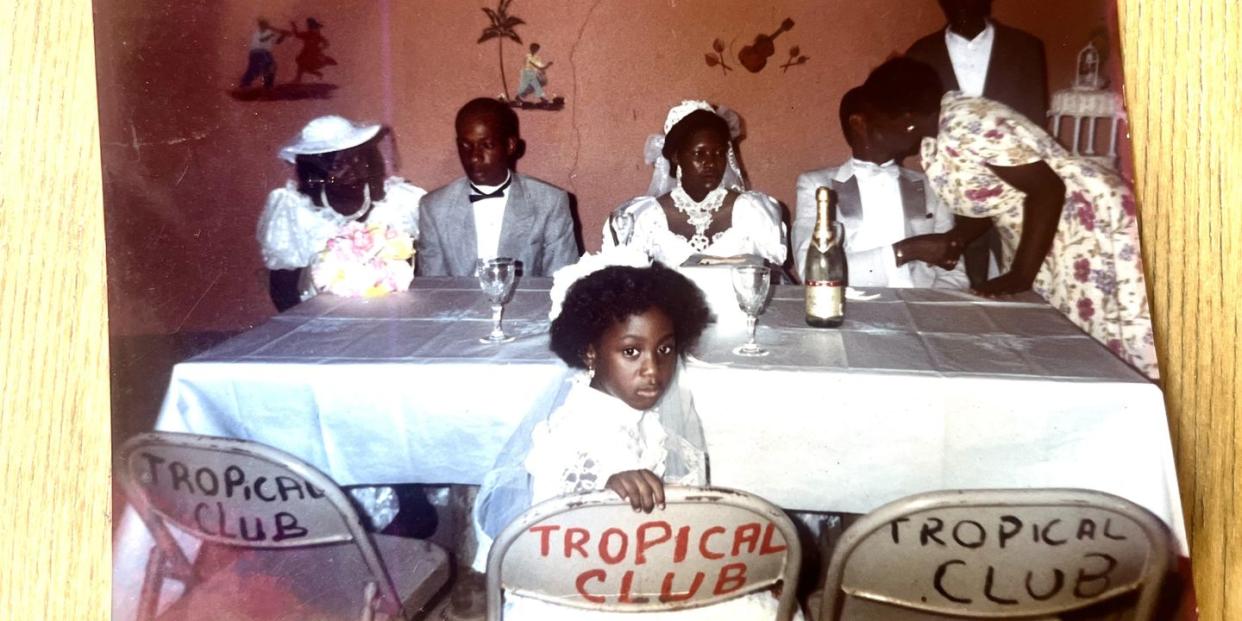
- Oops!Something went wrong.Please try again later.
The first candid picture of me that I know of was taken in September 1990 at my uncle’s wedding reception in Port de Paix, on the northwest coast of Haiti. I’m six, and I am wearing a white dress and a white tiara, my gaze turned toward the camera but focused on something beyond it. The ceremony was held earlier that day, at the grand cathedral in the city center, and we’re now at the reception. I’m likely daydreaming of the dense vegetation concealing pendulous fruit or the chorus of crickets each night.
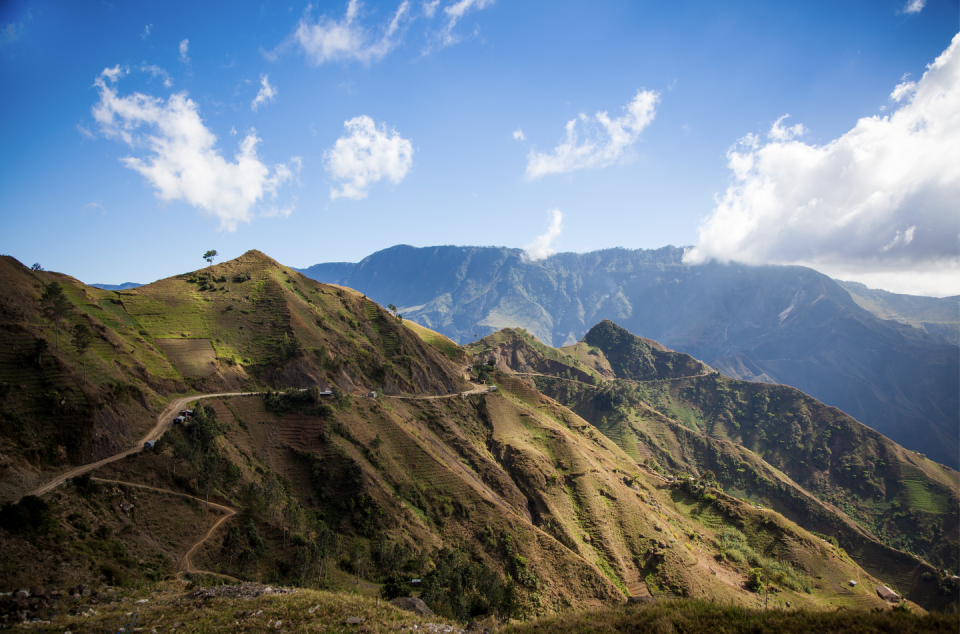
This is my first trip to my parents’ homeland, where they’d lived their whole lives until a decade earlier, in 1980, when they’d migrated to Miami and had me, my sister, and my brother. In my younger self’s face, I see a lightness, a settled presence, as if my childhood anxiety, so evident in other photos, has momentarily faded. I was a flower girl that day, which made me proud. In my eyes, I see the kind of joy that stems from seeing through a meaningful task, but also the dawn of a deeper feeling of connection to Haiti.
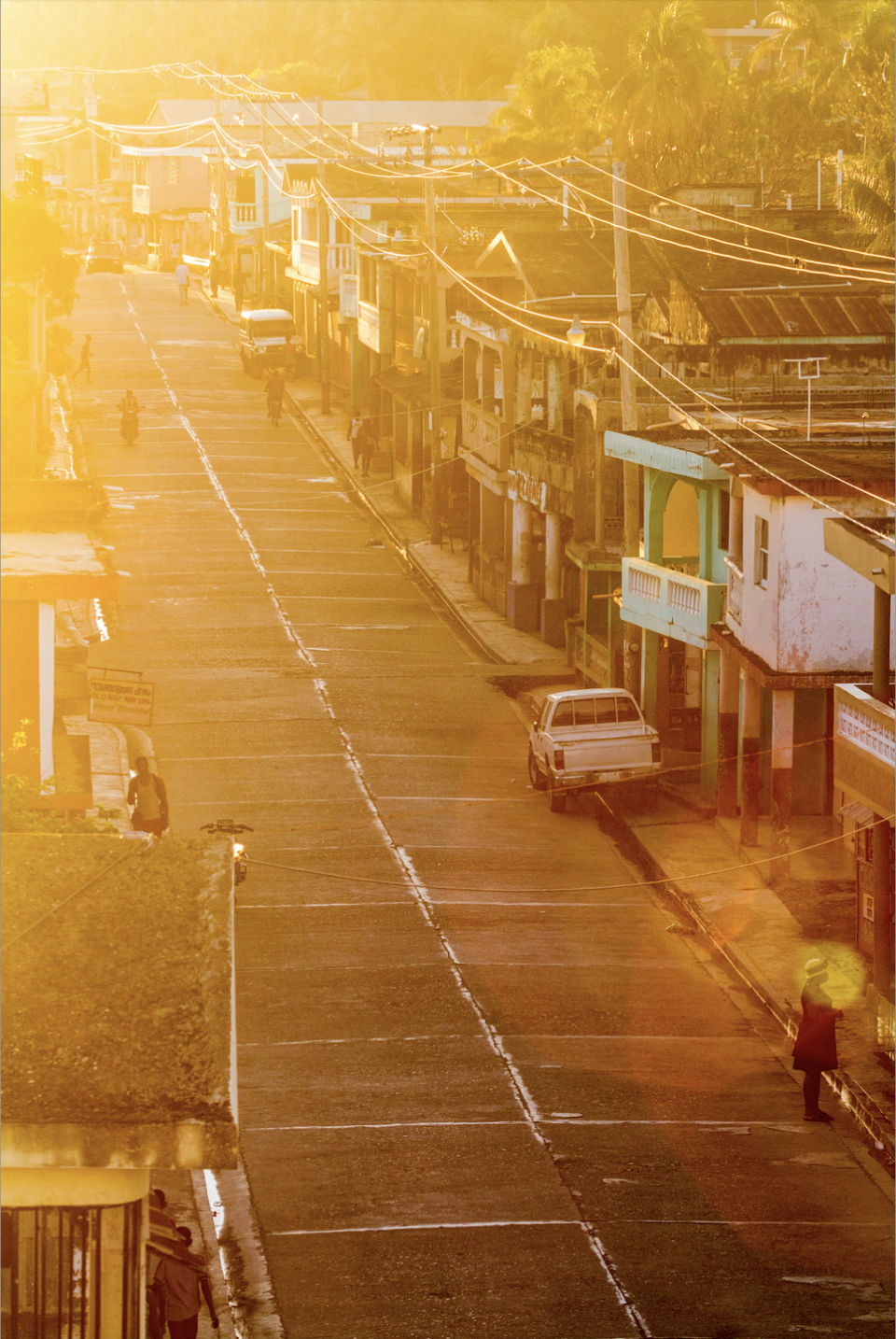
I remember petals strewn across the ceremony floor, adults clamoring for rum concoctions at the reception, everyone dressed in early nineties Caribbean chic—floral prints, straw hats, prominent shoulder pads. I remember splashing through the warm waves, the sheen of sweat from extreme humidity, and the luscious palm trees that provided both reprieve from the sun and coconuts to cut down and quench our thirst. I remember family members moving together with a lightness; no longer separated by our passports, our wrenching desire to gather was finally relieved.
This was a liminal state for my family and the country; just as I first learned about Haiti, it was transforming. In a few months, the government would hold its first democratic election since the fall of longtime dictator Jean-Claude Duvalier four years earlier, which had led the county to be besieged by the struggle over who would govern. In December 1990, Jean-Bertrand Aristide would be elected president in the first democratic election in Haiti’s history. He’d last just eight months before being ousted by a US-backed militia, leading to another wave of Haitian migrants to the United States, including relatives I met at my uncle’s wedding.
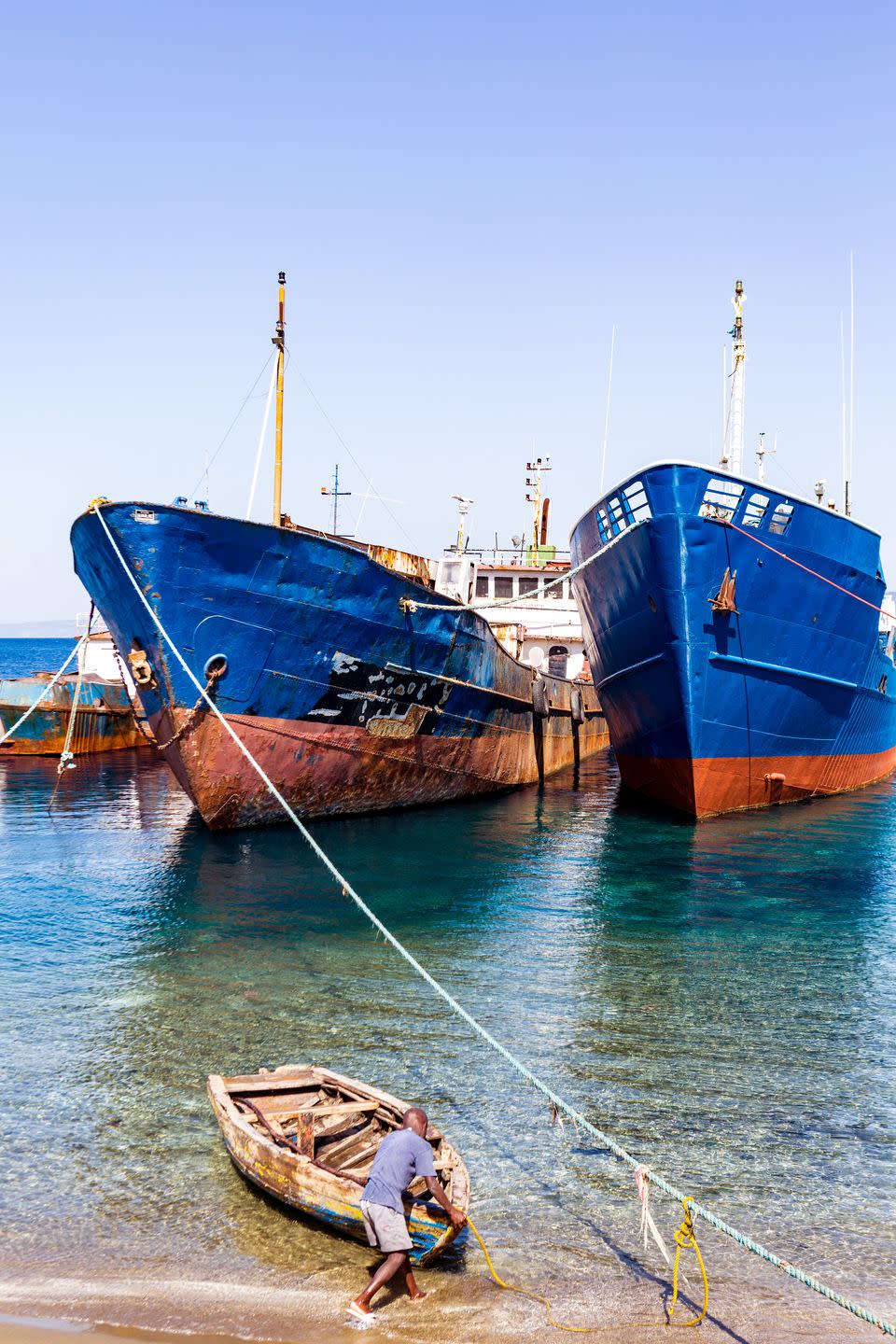
Today, Haiti faces a massive crisis. The assassination of President Jovenal Moïse in 2021 handicapped the country’s government, contributing to a rise in political disorder and extreme violence. He was the nation's forty-third president in just thirty-three years. Contestation over who should succeed him and delays in parliamentary elections has left the government in disarray. Into this power vacuum has rushed gang leaders in Port au Prince, enhancing their control over the nation’s capital through violent tactics such as kidnapping and sexual assault. The political crisis has resulted in a humanitarian crisis that’s only worsening. In May, the United Nations released a report that estimated nearly five million Haitian are experiencing emergency levels of food insecurity.
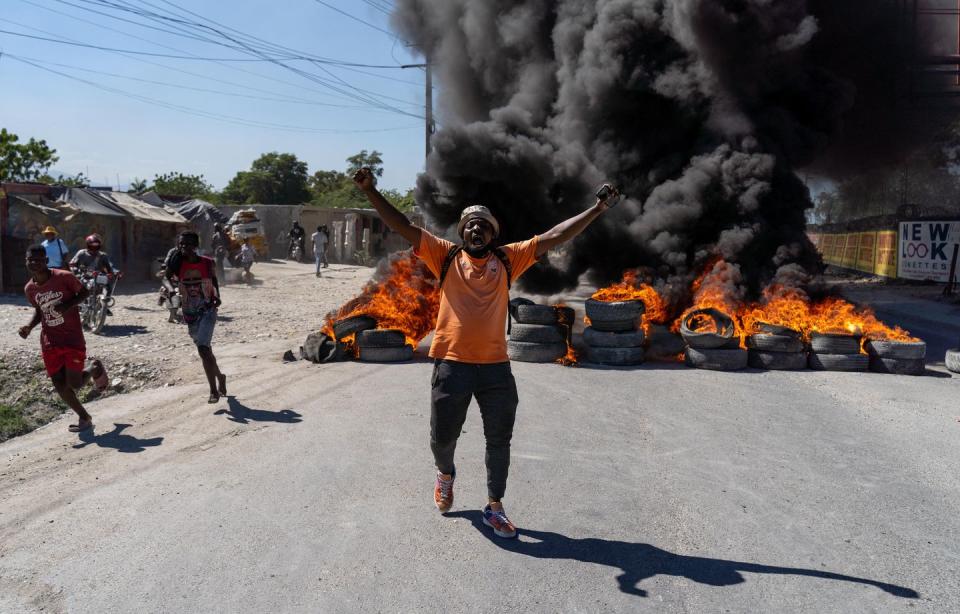
Haiti’s myriad problems are partly due to bad governance, but also other factors: natural disasters, an unfair global economy, and Haiti paying reparations to former French enslavers for its freedom. While the natural and manufactured disasters are not insignificant, it is unsettling that there is an overabundance of stories about Haiti’s suffering rather than the narratives that I had known. I learned very early that being Haitian was that we might have a memory or experience of the country that contradicts the news. The rhetoric of chaos and terror is what most Americans are taught about Haitians and Haiti. Impoverishment is the avatar of how contemporary Haitians are perceived—which precludes reflection on anything else we offer.
As a part of the diaspora, I shoulder a responsibility to find the nuance beyond the myopic poverty narrative, to celebrate the Haitian spirit. At sixteen, I began embracing the country’s literary riches: the poet Ida Faubert, who fought feminist struggles in the early twentieth century; the novelist Jacques Roumain, who found some popularity among members of the Harlem Renaissance when Langston Hughes translated his work from French into English translated poems.
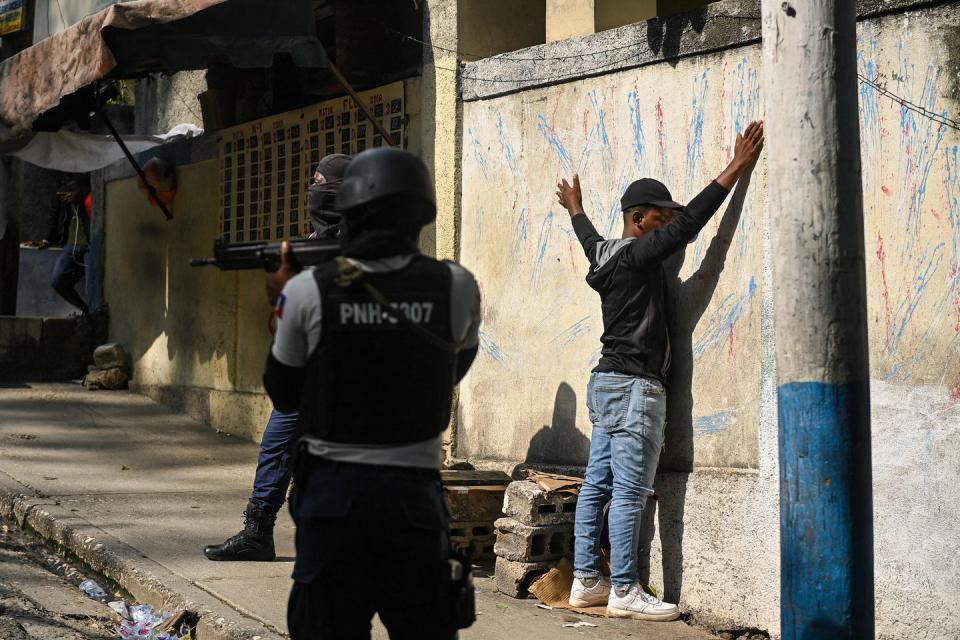
During one account of the 2010 earthquake coverage, the New York Times reported that “Limbs protruded from disintegrated concrete, muffled cries emanated from deep inside the wrecks of buildings — many of them poorly constructed in the first place,” bear a different picture than what I first witnessed in 1990. Often, they show a malnourished child or a woman staring at the camera with sullen eyes. The photographs have been especially arresting, not because of the reasons that draw me to the country, but for reasons that often made me feel shame for having parents who originated from it.
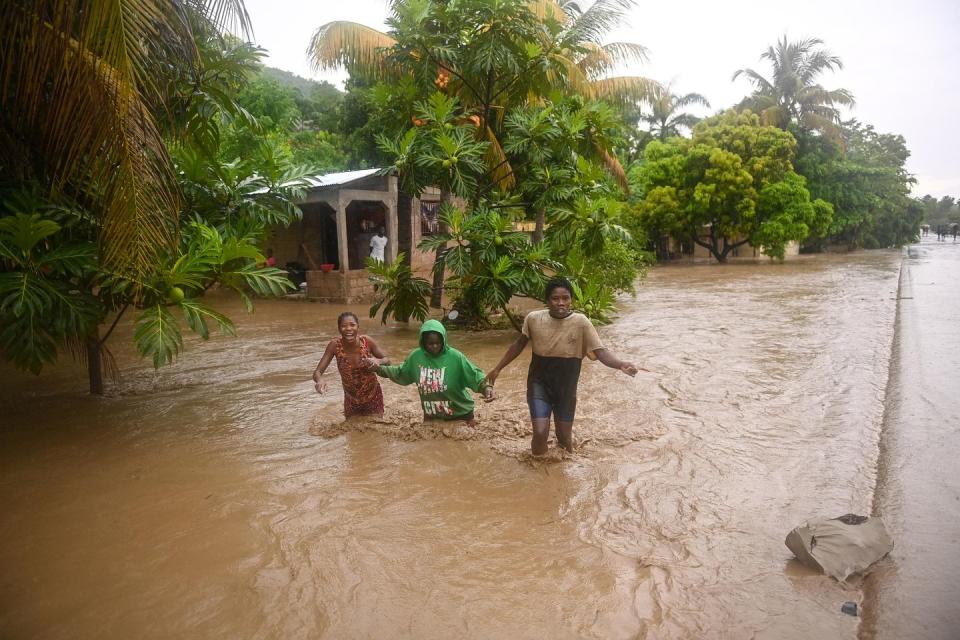
Looking beyond the news cycle or the photography left me wondering: What was it like to watch what was happening to Haiti from the inside, and how are people making sense of the political situation and the different layers of violence?
If I wanted to answer this question, I would have to speak to Haitians who’ve remained and who continue to work toward unsettling the predictive narratives.
Through social media, I contacted Harold Isaac, a Haitian journalist living in Port au Prince. We spoke in mid-May, before the rainy season and the forthcoming heat, so the late spring generated some serenity, and he sounded at ease. Isaac, 41, said that in Port au Prince, he “feels at home.” He continued with a soft laugh, “It's not what folks would expect to see when they come, but this is where I live.” Like his mother, Lilianne Pierre-Paul, a prominent Haitian journalist for Radio Haiti International during the 1980s, he became a journalist. Pierre-Paul especially was relentless in exposing the structural problems under the Duvalier regime, resulting in multiple death threats by the then Haitian government, which led her to live in exile for six years. Isaac was born in Montreal but moved back with his mother to Haiti in 1986, after Pap Doc fell from power.
Isaac’s mother and my parents left Haiti around the same time, and for similar reasons—they opposed a dictator. Yet, his mother chose to return after the Duvalier regime’s fall, while my parents remained in their adopted country. The return meant that Isaac spent fifteen years of his childhood in Haiti, so, unlike me, Haiti was home.
For Haitians like Isaac, Haiti is “a beacon of freedom, dignity, and liberty for Black people.” The country's problems are challenging, and it does not erase, as Haitians like Isaac stated, that the crisis is not solely of Haiti or Haitians doing. The nation has been strangled by debt. Having lived in Haiti since 2015 and noticing a sharp political turn, Isaac notes that Haitians “are in the uncharted territory” to armed conflict and political governance.
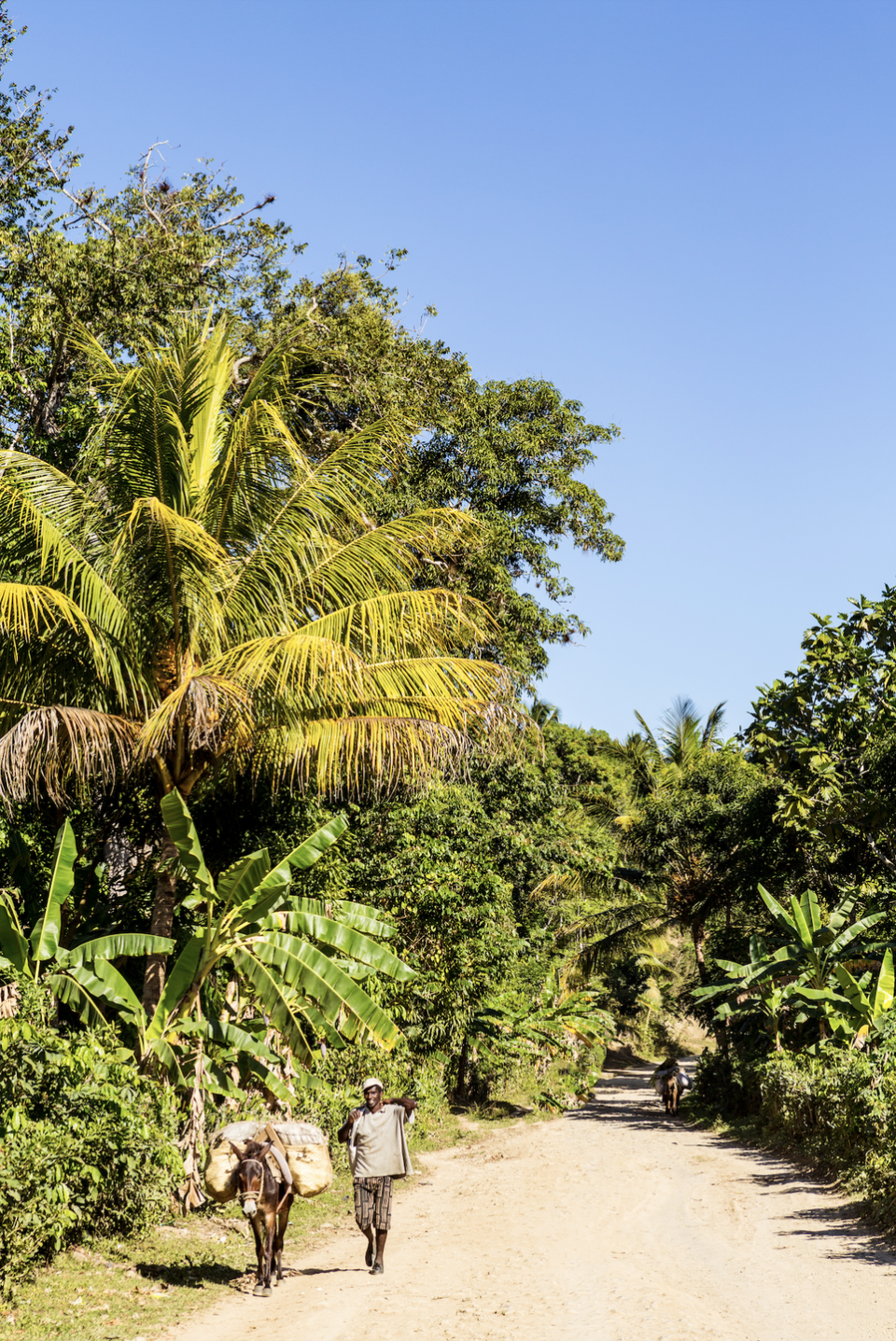
We talked about Bwa Kale. While some outlets, such as Al Jazeera, have referred to the vigilante group's actions as modern-day lynching, others have referenced this as community self-determination. But as Isaac stated, some of the gang members fear venturing outside of specific areas for fear that they might face an anti-mob group of people. This has resulted in kidnappings and murders, lessening in some Port au Prince neighborhoods. This demonstrates that without proper leadership in the form of stable governance, the people have been forced to resort to vigilantism. In a way, this is a band-aid to their existence. As Isaac stated: “The failure to have a comprehensive social and political solution to the crisis that Haiti’s living within a geopolitical context gave way to the emergence of criminal-slash-political gangs.” Without a robust state that can provide social goods to its citizens or the universal distribution of food to people who are on the brink of starvation, focusing on simple solutions like security is easy.
Speaking with my parents, I am often reminded about how a mixture of evasion and fervor marks their lives—but especially when it comes to talking about the current situation in Haiti. When I recently asked my father if he had any relatives living in Port-au-Prince, his initial answer was clouded with anger: “Port-au-Prince is full of crooks.”
“Dad, that wasn’t my question. Do we have family in Port-au-Prince?”
“Many people with our last name live in that city.”
There was a brief silence on the phone as I gathered myself.
“But do you know them, Dad?”
“No,” he answered.
“Well, that doesn’t mean they are family.”
Exasperated, I eventually called my mother during her lunch break, and she clarified my father’s side of the family. (On her side of the family, people mainly had passed away or migrated.) She indicated that one of my cousins, Erna, whom I have not seen since childhood, was trying to migrate to the United States. Now in her mid-thirties, having lived as a nurse in Port de Paix, she does not see a future for herself or her children. So, she decided, like, many others, to leave.
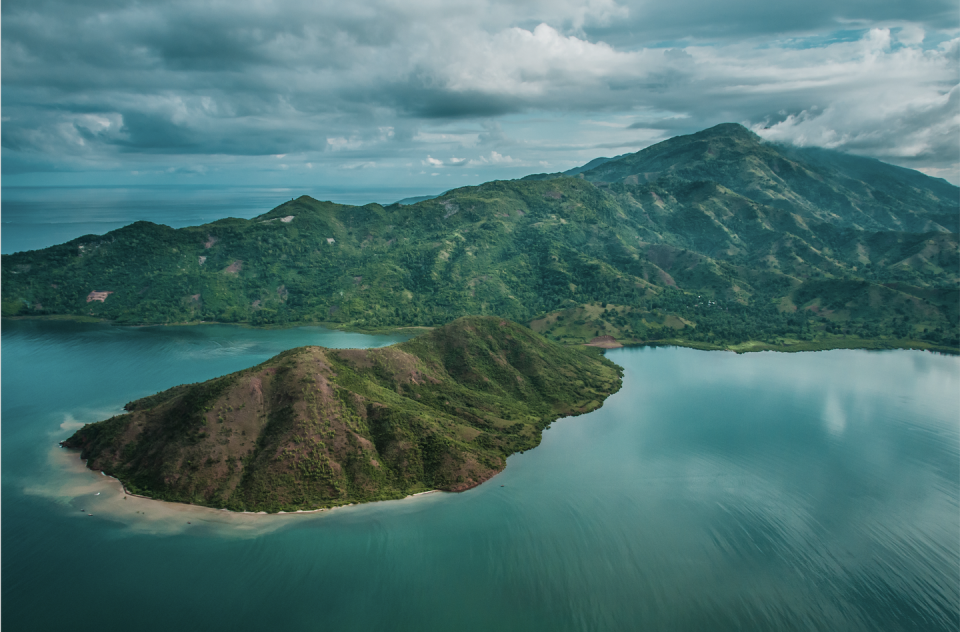
As it stands, military intervention—whether foreign or local—is a polarizing issue. Some people in Haiti call for the return of military forces to assist with security and to help restore order for overdue elections. The United Nations Stabilization Mission in Haiti, popularly known as MINUSTAH, was intended as a peacekeeping mission between 2004 to 2017. Still, the military occupation was fruitless, given that the fifteen-year U.N. mission in Haiti cost $7 billion but did not adequately address prolonged economic, political, or security issues.
It is not a matter of inherent or seamless violence but what it means to live in a country where people have been left to fend for themselves. In other words, people don’t want charity or to be labeled perennially poor; they want meaning and autonomy over their lives.
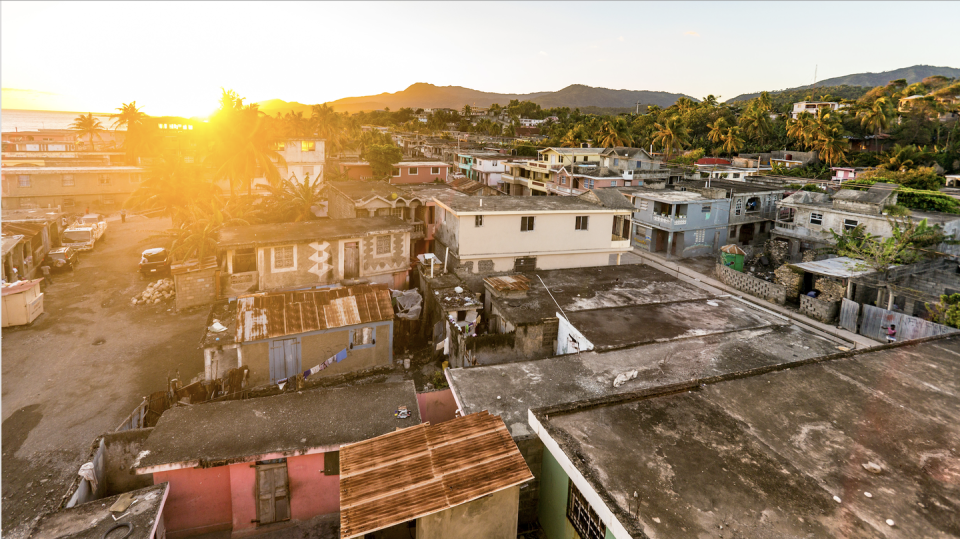
I am susceptible to the apocalyptic narrative. As a writer who spends each day reading, writing, editing, and reading some more, I am always thinking through the power of words and what it would mean to move beyond the prescriptive or predictable phrases extended to certain nations. Haitian can have multiple narratives—the pursuit of liberation for enslaved people and the plight of some displaced people to seek a new home. We all have an underlying history that renders our vision of society—for me, moving beyond the image of the nation and wielding a different truth.
Understanding Haiti is not merely what emerges in the headlines; it’s about understanding its history and thinking through the social edifice that holds its people together, the unapologetic laughter that one can hear about kin or the proverbs that signify their humanity. As one saying goes, “Lespwa fè viv”—hope makes one live.
You Might Also Like

